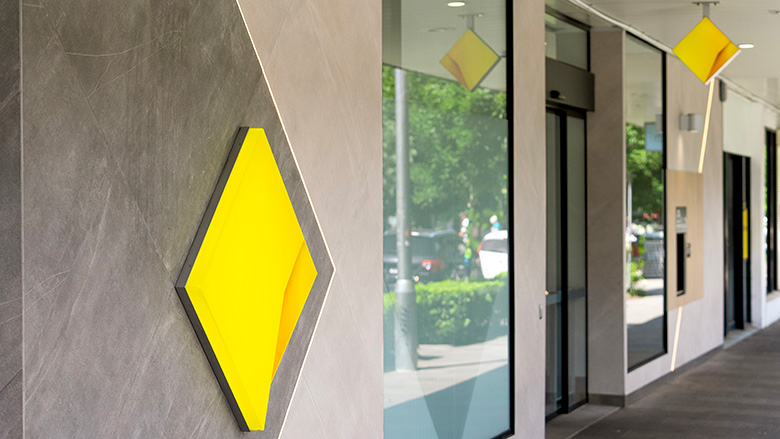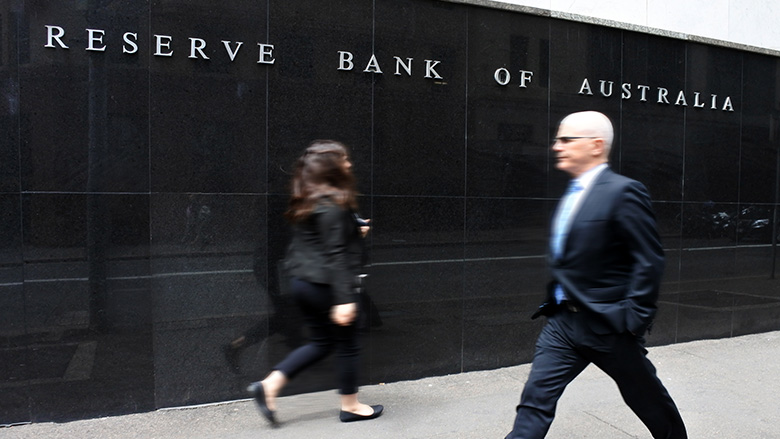Half year cash profit were 9 percent higher on a year ago, supported by growth in operating revenue, partly offset by higher operating costs and higher loan impairment expense.
Return on equity – on a cash basis – was 14.1 percent, up 80 basis points on the second half of the 2022 financial year reflecting a higher cash profit and CBA’s continued focus on capital management.
As at 31 December 2022, the Bank has maintained a strong capital position after the payment of dividends and on-market share buy backs, with a CET1 ratio of 11.4 percent. This was supported by strong organic capital generation from earnings, the removal of the remaining $500 million of APRA operational risk capital add-on, and the benefit of divestment of the CommInsure General Insurance business.
Operating income was 12 percent higher at $13.59 billion. Net interest income increased 19 percent. This was primarily driven by a recovery in net interest margins in the rising rate environment, and organic volume growth in home, business and institutional loans.
Operating expenses rose by 5 percent as a result of inflation, higher staff numbers, IT and remediation costs which were offset in part by productivity initiatives. The Group continues to invest in its strategic priorities with investment spend totalling $963 million for the half, up 2 percent. The cost-to-income ratio on a cash basis was 42.5 percent, down from 45.3 percent a year ago.
Matt Comyn, CBA’s CEO, said: “Our strategic focus on building tomorrow’s bank today for our customers is illustrated by our leading outcomes on customer advocacy scores.
“We continue to invest in technology and our core businesses to improve customers’ lived experience and to solve their unmet needs. This focus is a key driver of growth in our core deposit and lending volumes to retail and business customers.”
Portfolio credit quality is sound with consumer arrears remaining low while troublesome and impaired assets decreasing by $0.5 billion to $6.3 billion. Loan impairment expenses increased by $586 million during the half to $511 million, reflecting ongoing inflationary pressures, rising interest rates, supply chain disruptions and the decline in house prices.
Turning to the outlook, Mr Comyn said many Australian households are feeling significant strain from rising interest rates, alongside the rising costs of electricity, groceries and other household items. Despite this, consumer spend remains resilient, with signs of spend slowing in pockets. The fundamentals of the economy remain solid, with low unemployment, strong exports, and returning migration.
Mr Comyn added “Supporting our customers through rising rates and higher cost of living remains a priority and aligns with our purpose to build a brighter future for all. We are providing personalised support, flexibility and financial assistance for our customers who need it.”




